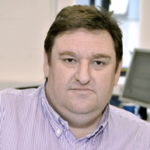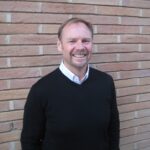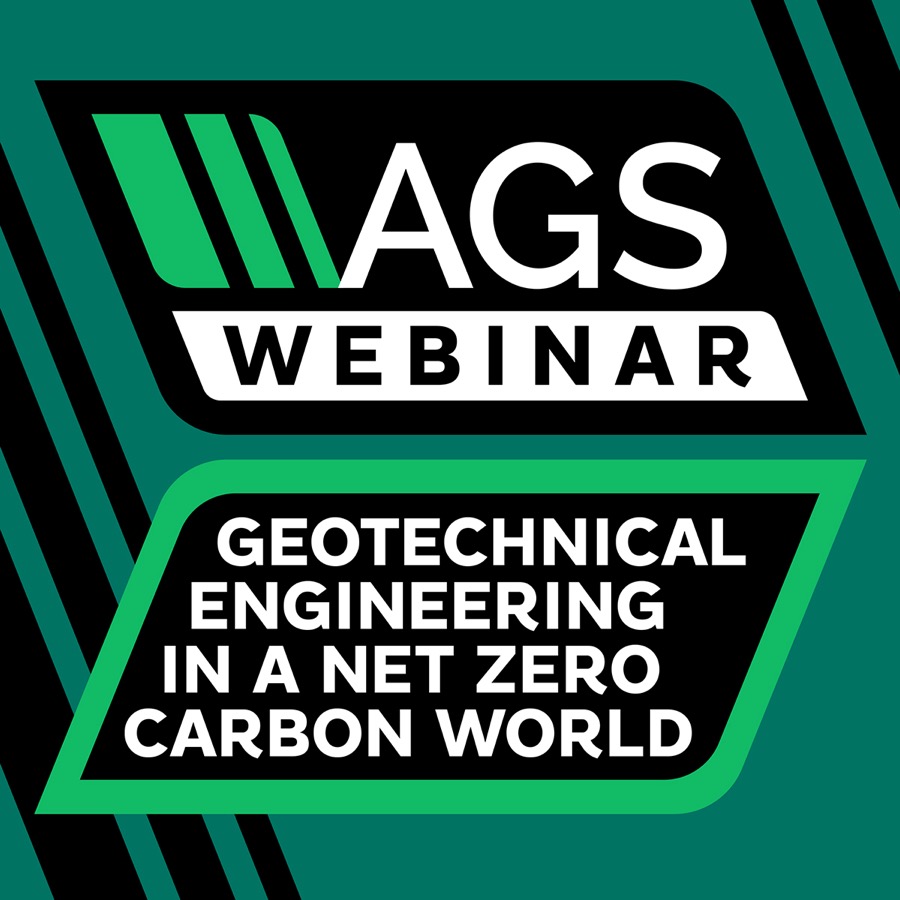CLICK HERE TO DOWNLOAD THE EVENT PROGRAMME.
This free webinar has been designed to inform and inspire ground engineering practitioners across the industry to meet the net zero carbon challenge that has been set by the UK government.
The construction industry has been identified as a significant contributor to carbon in the environment and will therefore be a focus for government and major clients over the next few decades to reduce this dependence on carbon intensive processes and materials. Our speakers will help identify what targets we need to set, which construction methods and materials provide major sources of embedded carbon, and explore how we can all contribute to a more sustainable approach to investigation, design and construction.
Delegates will learn what techniques represent ‘big ticket’ items in terms of carbon, what is expected of our industry by major clients, and engage on how we can all help reduce dependence on embedded carbon through measures varying from big design changes to everyday adjustments to typical practice that will gain benefits over time. We will also debate how the industry can be incentivised to work collaboratively towards a net zero carbon goal as geotechnical engineers and across different construction disciplines.
The webinar is intended for investigation specialist, designers, contractors, academics, and clients who are involved in commissioning geotechnical work.
Further information regarding the EFFC/DFI Carbon Calculator can be sourced and downloaded here: https://www.effc.org/how-we-operate/eco%e2%82%82-foundations/
Presentations
Geotechnical Engineering – Carbon and Life Cycle Analysis
Dr John Henry Looney, Director, Visiting Fellow, and Hon Professor at Sustainable Direction Ltd, University of Bristol and the University of Nottingham
John Henry has been part of the delivery of large engineering projects since the early 1990s, all of which were built on foundations and systems in this sector. He will provide some detail on carbon management and net zero and how Life Cycle Analysis is key to getting the right understanding of where the opportunities and costs lie as well for Scope 1, 2 and 3 emissions. Interestingly we still have a lot to learn from the Roman, Medieval and Victorian periods as part of this.
How do we measure carbon in ground engineering?
Natalia Fernandez, Associate Director at Ramboll
This presentation explains why carbon reduction is important and how to reduce emissions by measuring the carbon footprint. The presentation will guide you through the meaning of climate policies and targets, and discuss what these mean for geotechnical works and the drivers behind measuring and reducing the embodied carbon of geotechnical solutions. Furthermore, the presentation will cover how to estimate, measure and analyse emissions on projects.
Does the GI help or inhibit low carbon foundation design and construction?
Tony Suckling, Director at A-squared Studio Engineers Ltd and A2 Site Investigation Ltd
The scope of the ground investigation can either facilitate or inhibit the sustainability of the foundation design and construction. Some examples will be shown to illustrate how the GI has helped or prevented a more sustainable solution being used.
Sponsors
Geotechnical and Environmental Associates
Geotechnical and Environmental Associates (GEA) is an independent specialist providing a high-quality ground investigation and geotechnical and geoenvironmental consultancy service to clients across the construction and property industries, private clients and local authorities. We specialise in providing advice on complex ground movement problems and foundation analysis, and contaminated land consultancy.
WSP
WSP is a leading engineering professional services consultancy. Our teams of specialists across the UK are part of a talented global family of expertise. Our solutions solve problems for our clients and the communities we serve, meeting both the needs of today and addressing the challenges of the future.
Speakers

Director, Ground Engineering at Ramboll
Stephen has contributed to many notable infrastructure and civil engineering projects during his 3 decades as a designer. He has particular expertise in the design of ports and marine structures, and foundations for major crossings on schemes located on soft liquefiable soils in seismically active sites around the world. He leads a team of designers who specialise in the delivery of design and build projects and through this experience at Ramboll has helped value engineer schemes to reduce carbon volume as well as cost and programme. Stephen is a member of the AGS’s Geotechnical Engineering Working Group.

Director, Visiting Fellow, and Hon Professor at Sustainable Direction Ltd, University of Bristol and the University of Nottingham
John Henry has been a Sustainability Management Consultant for over 36 years (Financial, Environmental and Social Metrics) focused on helping organisations improve performance.
His strength is a very strong combined technical, business and project management background to deliver improvements through engineering solutions and by motivating behaviour change.
Technical expertise includes sustainability, climate change and GHG emissions management, environmental engineering and process design primarily for water and wastewater and energy, waste minimisation, and advising industry and government on environmental policy issues, including risk and resource use management and indicator specification. Industry sector experience includes pharmaceutical and chemical plants; construction; airports, ports, canals, rail and roads; waste water treatment works urban and industrial; waste minimisation, management and disposal strategies including incineration; refineries and gas plants; biomass, renewables including PV, wind, marine, geothermal, and hydroelectric and also gas, coal, and nuclear power stations; and food and drink facilities.

Associate Director at Ramboll
Natalia is an Associate Director at Ramboll, with 17 years’ experience in the sustainability industry. An enthusiastic promoter of low carbon in infrastructure, Natalia coordinates sustainable design and whole life carbon strategies, on complex projects and the built environment across various sectors including rail, highways, commercial development, residential, and industrial. She combines her engineering knowledge with the belief that the construction industry is key in decarbonising the built environment and responding to the climate crisis.

Director at A-squared Studio Engineers Ltd and A2 Site Investigation Ltd
Tony Suckling is a Director at A-squared based in London. A-squared is both a geotechnical consultancy and a GI contractor. He has worked for over 30 years, with about 2/3 of his experience as a contractor and 1/3 as a consultant. His professional experience comes from a wide variety of projects around the UK and abroad.

LEAD SPONSOR:
